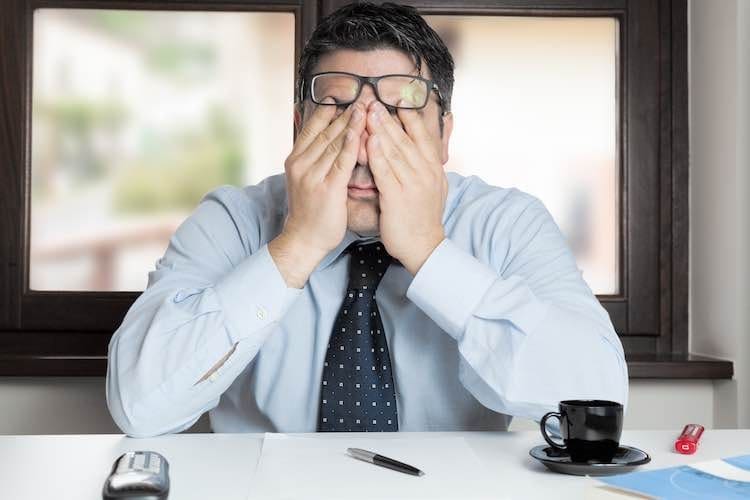Many Australians accept a lack of sleep as part of life, compensating with stimulants like caffeine to get them through the day.
Sleep deprivation causes adverse physical effects such as increased risk of high blood pressure, heart disease, obesity and diabetes.
According to a 2017 report from VicHealth & the Sleep Health Foundation, sleep problems during childhood and adolescence are also predictive of depression later in life & put young people at risk of mental health issues like anxiety, low self-esteem and even suicidal thoughts.
The study found the average teenager got between 6.5 and 7.5 hours sleep a night during the school week. Well under the recommended 8 to 10 hours, and at least 66% of teenagers experienced at least 1 symptom of a sleep disorder.
Using technology before bed, caffeine & stress all contribute to the problem … so what’s the solution?
The Sleep Health Foundation recommends:
- Setting a regular bedtime and wake up time
- Using meditation or mindfulness to help reduce stress levels
- Limiting the amount of caffeine and alcohol consumed during the day
- Switching off screens an hour before bed
- Get active during the day.
Go easy on yourself if you’re having trouble sleeping – being anxious for not sleeping doesn’t help.
The Australian Parliament is running an inquiry into sleep health awareness in the community.
Submissions close 18th October. Link below in the References.

